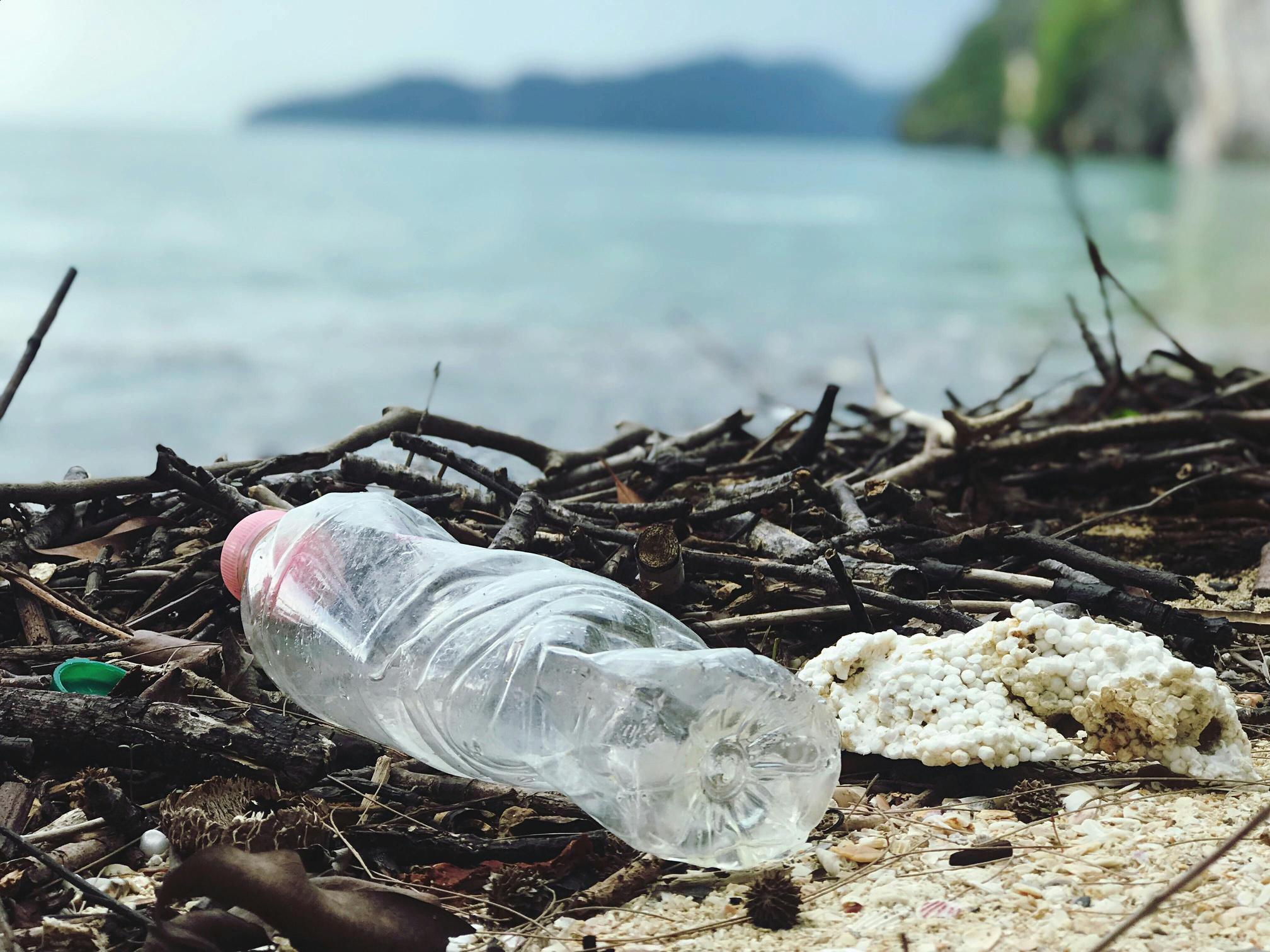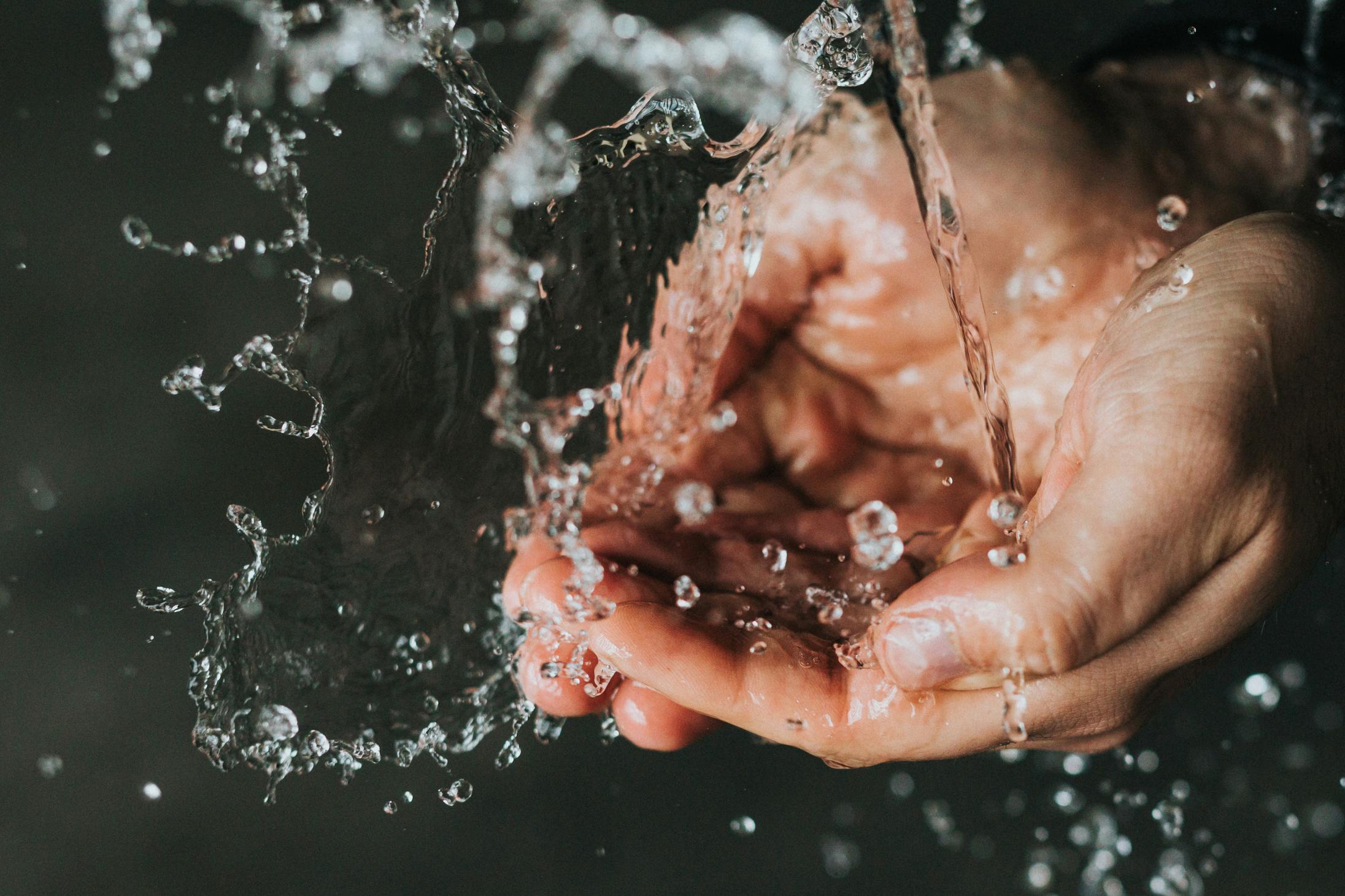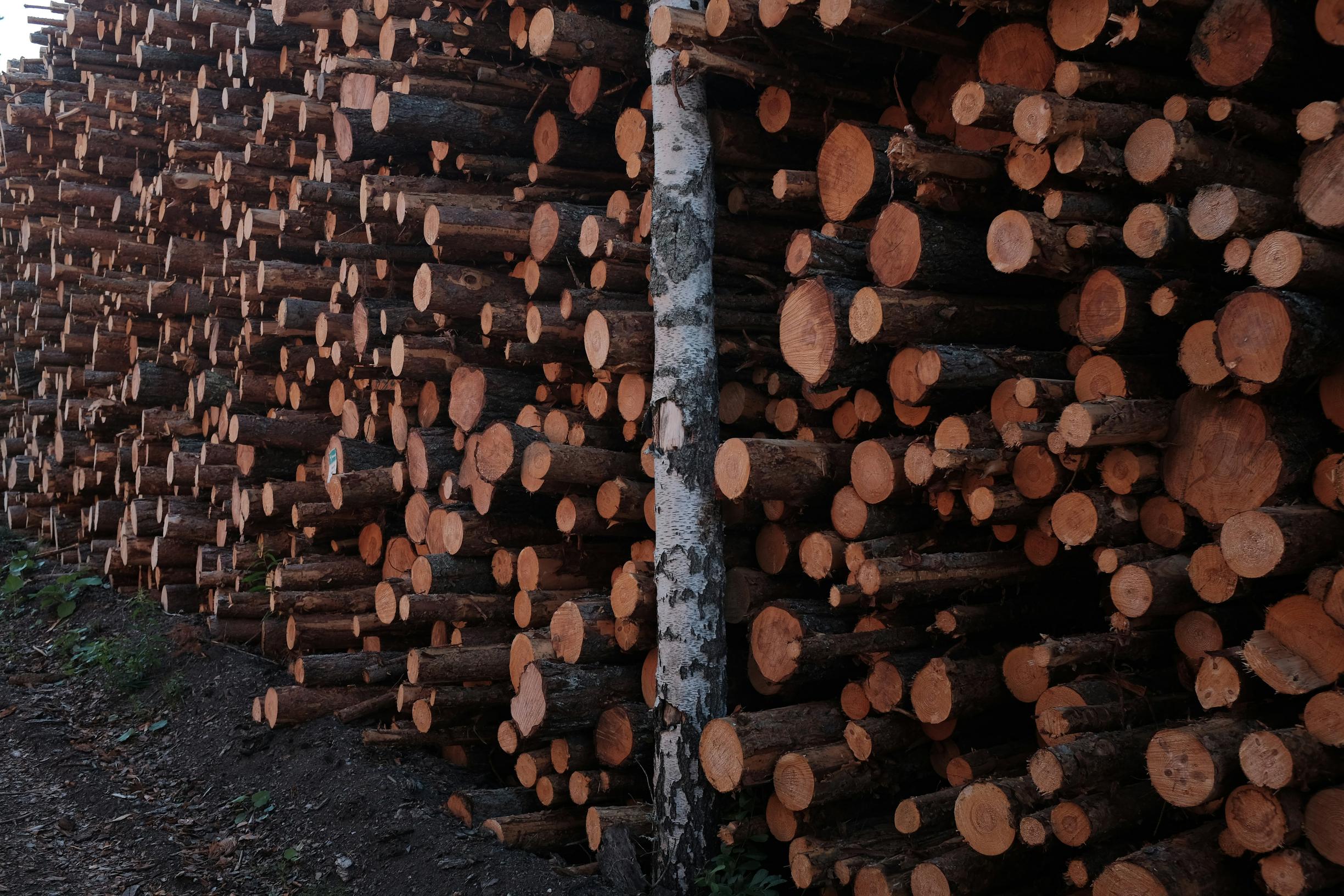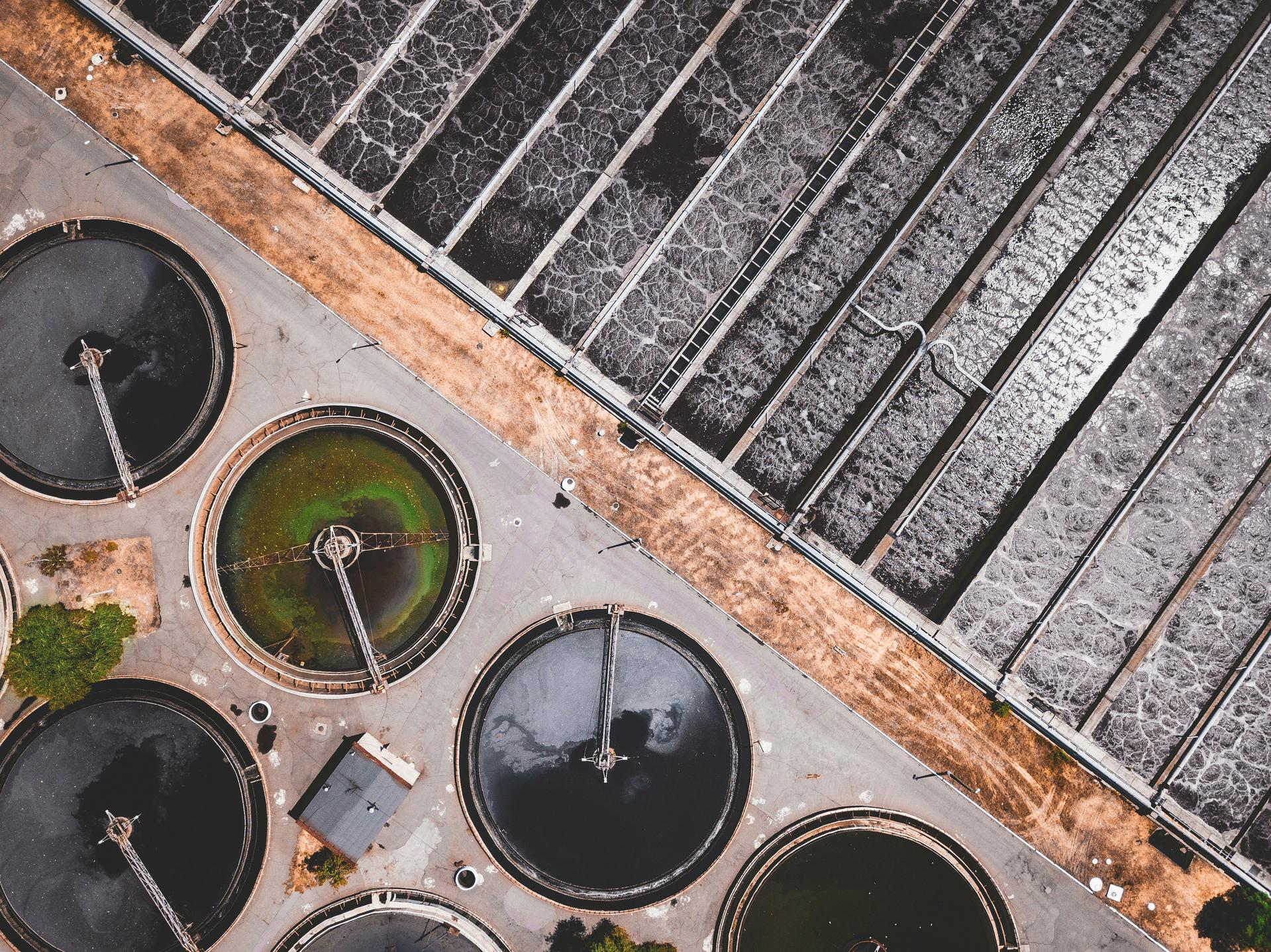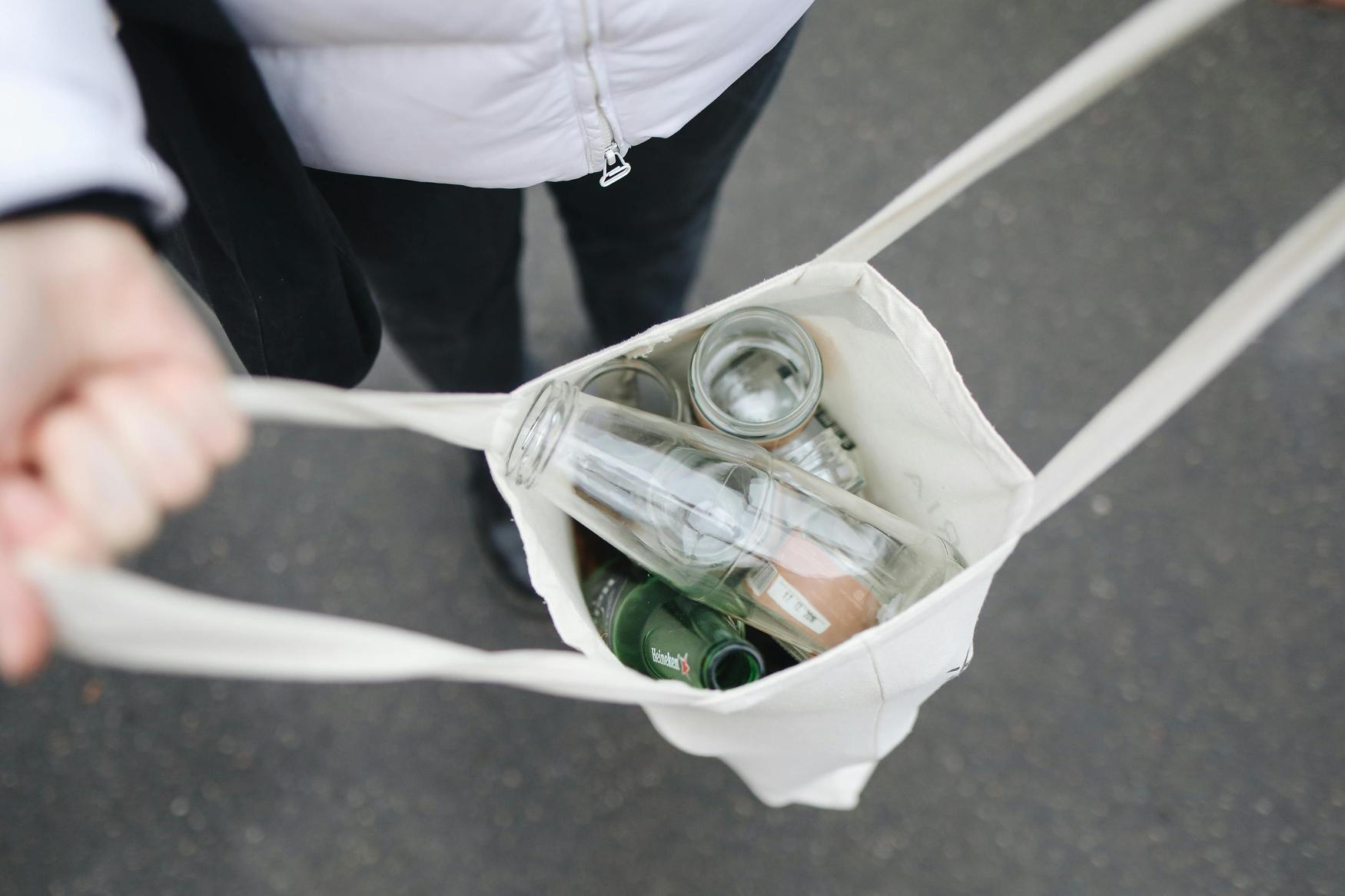Plastic pollution is a growing environmental crisis, silently wreaking havoc on marine ecosystems. Each year, millions of tons of plastic waste enter our oceans, threatening the lives of countless aquatic species. From microplastics to abandoned fishing gear, the impact is profound and far-reaching.
Marine animals like turtles, seabirds, and fish often mistake plastic for food, leading to ingestion that causes starvation, internal injuries, or even death. For example, sea turtles frequently consume plastic bags, mistaking them for jellyfish. Meanwhile, abandoned fishing nets, also known as "ghost nets," entangle marine creatures, leaving them immobilized and vulnerable.
The presence of microplastics, tiny fragments of plastic less than 5mm in size, is equally alarming. These particles are consumed by small fish and plankton, entering the food chain and potentially reaching our dinner plates. The long-term health implications for humans remain uncertain, but the immediate danger to marine biodiversity is clear.
Tackling plastic pollution requires global efforts, including reducing single-use plastics, improving waste management systems, and participating in clean-up initiatives. Simple actions, like using reusable bags and bottles or supporting policies that limit plastic production, can make a significant difference.
The oceans are vital for life on Earth. Protecting marine ecosystems from the silent threat of plastic pollution is not just an environmental issue—it’s a responsibility we all share.
